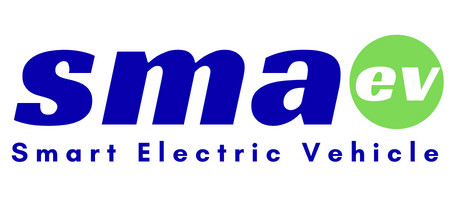In recent years, the Indonesian motorcycle market has shown robust growth. By analyzing sales statistics from 2023 and trends for 2024, we can observe the rising potential of electric motorcycles in this market, while also considering their global competitive position. This article combines insights from two sources to explore the current state and trends of the Indonesian motorcycle market, as well as comparisons with other major markets worldwide.
Current State of the Indonesian Motorcycle Market
According to data from the Indonesian Automotive Industry Association (Gaikindo), the total sales volume in the Indonesian motorcycle market reached 5.5 million units in 2023. However, electric motorcycles accounted for only 0.3% of this market, with sales of just 17,000 units. In contrast, non-electric motorcycles had sales of 5.483 million units, representing 99.7% of the market share.
Trends and Growth Factors for 2024
Collaborative efforts between the Indonesian government and international electric vehicle brands are expected to drive growth in the electric motorcycle market. Indonesia’s Minister of Economy, Airlangga Hartarto, predicts that electric motorcycle sales will reach 200,000 units in 2024, more than tripling the current numbers. The reasons behind this growth include international brands actively entering the Indonesian market with competitive pricing and various government subsidies and incentives. Specific measures include discounts of up to 7 million Indonesian rupiahs and a reduction in value-added tax (VAT).
Global Comparison
As the world’s second-largest motorcycle market, Indonesia still has relatively low electric motorcycle adoption. Compared to other major global markets, Indonesia has significant room for development in its electric motorcycle segment. Based on 2023 data, Indonesia’s electric motorcycle sales account for only 0.3% of the global total, while China holds 28.3% and India 18.3%. Nevertheless, Indonesia’s proactive efforts to promote electric motorcycles demonstrate the government’s commitment and support for this sector.
Challenges and Opportunities
Despite challenges such as inadequate charging infrastructure, low consumer acceptance, and higher prices compared to non-electric motorcycles, government policies and international brand investments will contribute to market development. The Indonesian government aims to establish Indonesia as a production and manufacturing hub for electric motorcycles, providing more opportunities for domestic and foreign investors.
Conclusion
The Indonesian motorcycle market is in a rapid development phase, particularly in terms of electrification. Despite challenges, with government support and active participation from international brands, Indonesia’s electric motorcycle market is poised for significant growth. This will enhance Indonesia’s position in the global motorcycle market.





